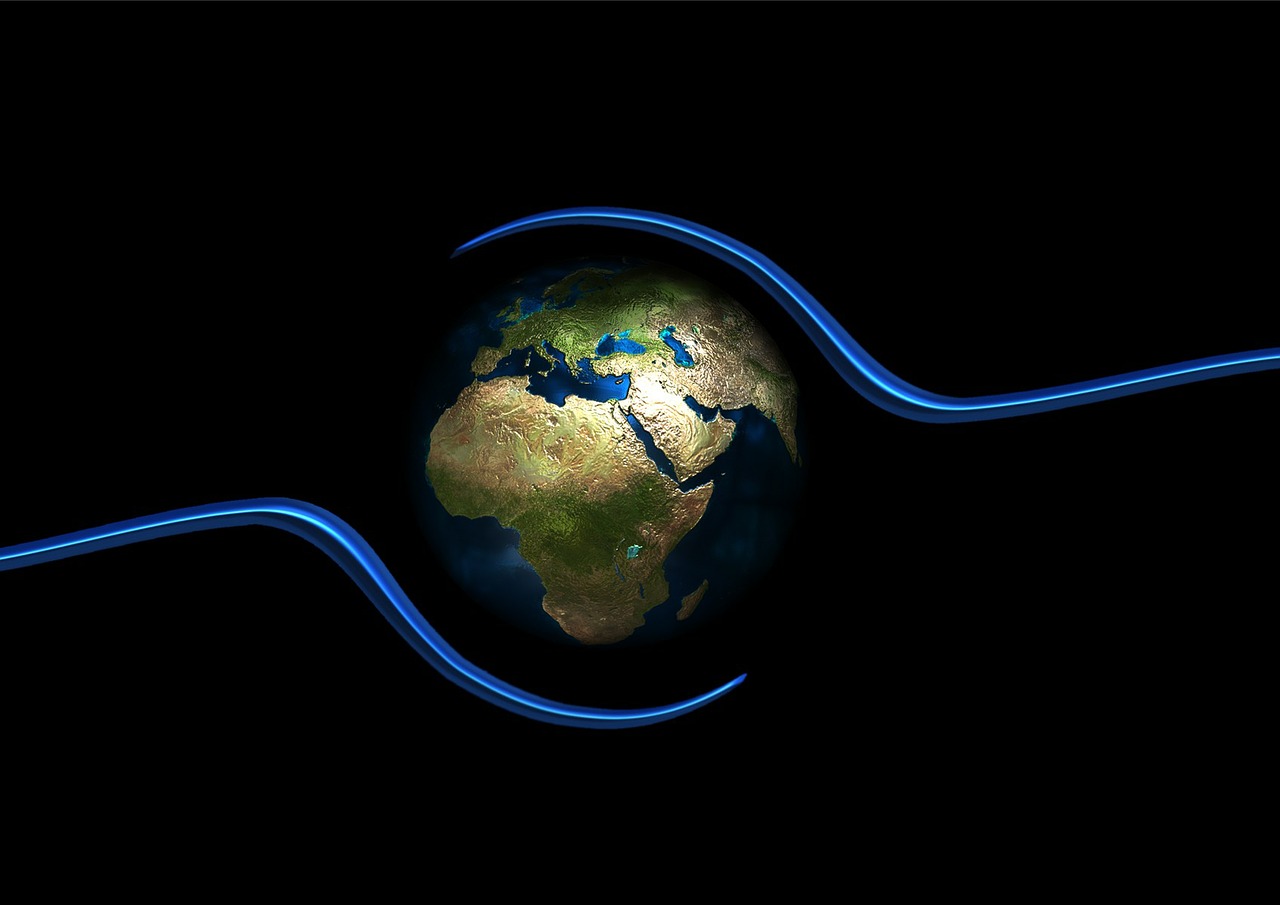The central question of “First Reformed,” Paul Schrader’s film about a pastor reckoning with climate change, is, “Can God forgive us for what we’ve done to this world?” It’s a good question for American Protestants, and for all of us living between skeptical optimism and righteous despair.
It’s high time for Jews to have our own “First Reformed” moment, and the answer might be a biblical and rhetorical tool that was staring us in the face all along: tikkun olam.
After watching “First Reformed,” I realized just how radical tikkun olam, a Jewish concept of social justice, really is. In the film, Rev. Ernst Toller (Ethan Hawke) struggles and eventually fails to console climate radical Michael (Philip Ettinger). Michael kills himself after he discovers his wife Mary (Amanda Seyfried) is pregnant. He cannot bear to bring a child into a world of destruction.
Toller’s mind works in overtime, trying to find the right ancient words to alleviate a uniquely modern crisis of conscience. He jumps from discussing the relationship between joy and despair to expounding on the sanctity of life. He is all over the place. Toller eventually becomes a climate radical himself after realizing his oil-funded church won’t back him if he states his beliefs.
Judaism has what Toller’s Protestantism lacks: a frame. Tikkun olam roughly translates to “repairing the world.” In my eighteen years of Jewish education, I never thought about it. It was a given, no deeper than the poster hanging in my Sunday school classroom, of the Earth with a band-aid on it. If you Google tikkun olam, a joke comes up that belies the phrase’s ubiquity. An American Jew is visiting Israel and asks her guide, “How do you say tikkun olam in Hebrew?”
My relationship to tikkun olam changed for me in high school when I was more removed from my Jewish upbringing and had a chance to analyze what I had been taught. Around the same time, I was reading about and becoming involved in feminist and other social justice movements. I realized that Jewish principles of justice had been there all along, guiding me towards the values that I vowed to fight for.
Tikkun olam was first used in the rabbinic teachings of the Mishnah to discuss how to govern the marginalized. Slaves and widows relied on the compassion of tikkun olam. It is a much more powerful concept than what I was taught. It means that the world is broken, and that it is a religious duty to fix it. It is about recognition and collectivism in a world of denial and individualism. It is a religious principle that goes beyond personal convictions and leads us to concrete action.
I am struck at how deeply biblical an issue climate change is. We brought the rapture upon ourselves: fire and flood tear the world apart. The Bible is full of stories about the righteous saving themselves from natural disaster. The richest are building themselves an arc, but they aren’t going to bring anybody else with them. They are fleeing Sodom, while we look back, helpless, becoming pillars of salt. The God of climate change is the God of the Old Testament, full of passion and swift justice. A problem of this scale requires the kind of global cooperation that tikkun olam demands.
This is why it is a moral and religious imperative for Jews to fight for policies like the Green New Deal.
In October of last year, a report from the Intergovernmental Panel on Climate Change said that humanity has just over a decade to control climate change if we want to avoid global disaster. A couple of months later, Alexandria Ocasio-Cortez and other recently-elected progressive Democrats boosted a Green New Deal, a plan that would tackle climate change and economic inequality on a massive scale. The program would not only create job opportunities to build green infrastructure, it would also incentivize green investments, curb tax evasion by polluters, and turn global development away from fossil fuels.
A Green New Deal proposal has existed in some form since 2007, but Ocasio Cortez and youth activist groups like the Sunrise Movement have recently popularized it. Whether we like it or not, it is on us, Millenials and Gen Z, to see this through. We hold the future of this planet in our hands. I care about this because not caring isn’t an alternative.
Judaism doesn’t ask for half measures. There is a biblical tale in the first book of Kings about two women, each claiming to be the mother of the same child. King Solomon decrees that he will split the baby in half. One woman seems satisfied, while the other is devastated. Solomon returns the baby to its true mother and all ends well. With incremental climate change policies like carbon taxes and cap and trade schemes engineered by fossil fuel companies and polluters, we are splitting the baby and ignoring our duty to do make real change. The Green New Deal is the whole baby. It is swift justice. It is tikkun olam.
In order to repair the world, we have to acknowledge that it is broken. To me, this is the most revolutionary part of tikkun olam. It is easy to use religion to hide from reality, but Judaism demands that we face it. It is difficult to see Jewish Republican leaders and donors like Jared Kushner and Sheldon Adelson use their influence to peddle or enable climate denialism, while still claiming their Judaism. The religion that I was raised in would not stand for this.
The end of “First Reformed” is almost outrageous. Reverend Toller becomes so radicalized that he nearly blows up himself and the church on its 250th anniversary. This is not the kind of radicalism tikkun olam offers us. We need steady action, not bombastic martyrdom. It is much more boring, and wouldn’t make a good Paul Schrader film, but it’s what’s needed. Tikkun olam means doing the dirty work, day after day, of fighting for a better world.
Ariel Wexler is a sophomore American Studies major at the George Washington University. She is a reporter at the student newspaper, the GW Hatchet. You can read some of her work here.
Featured image credit: Pixabay.com/Geralt.

